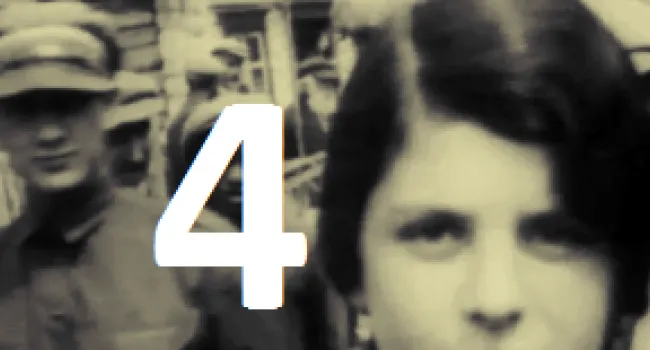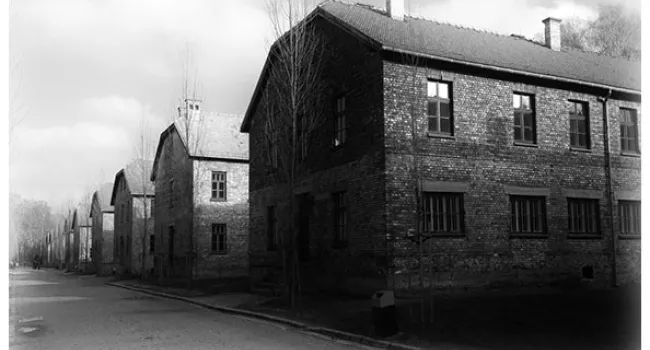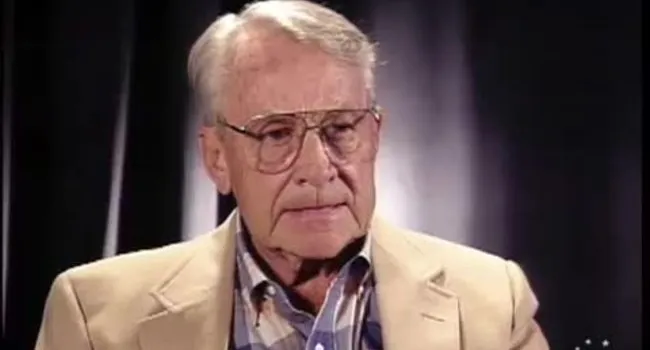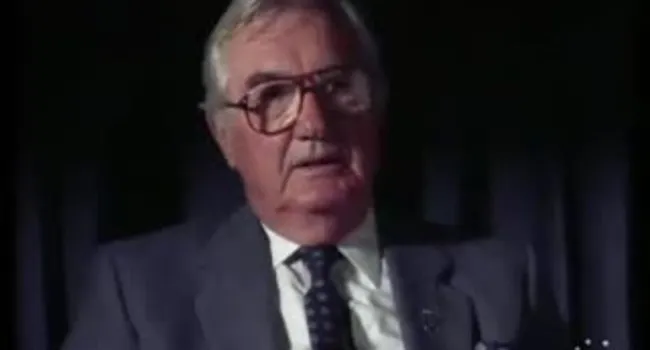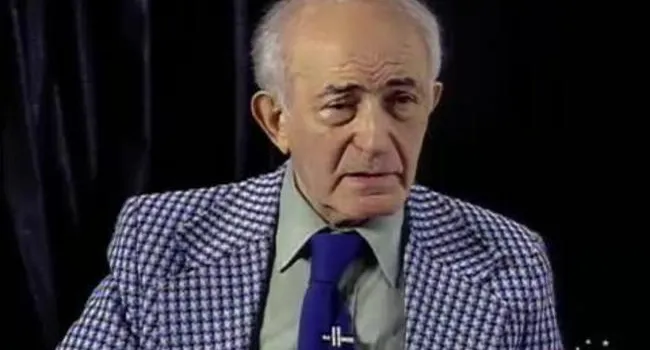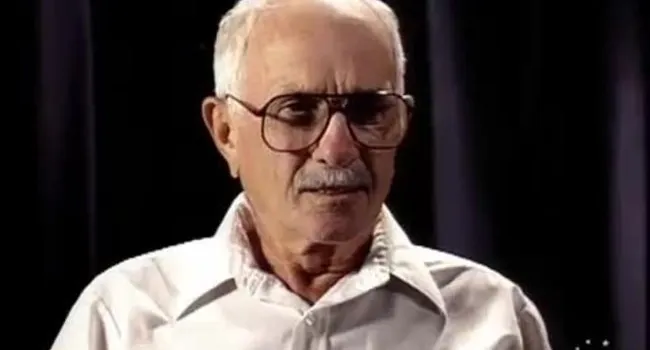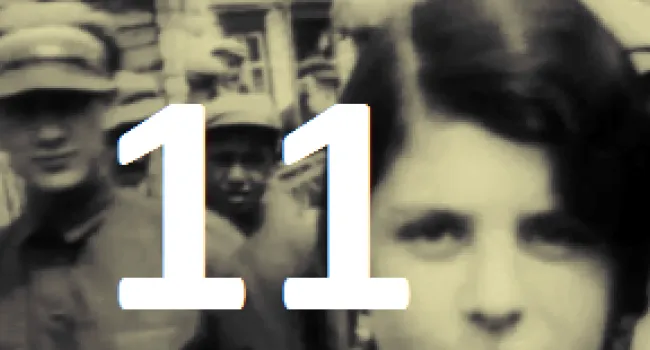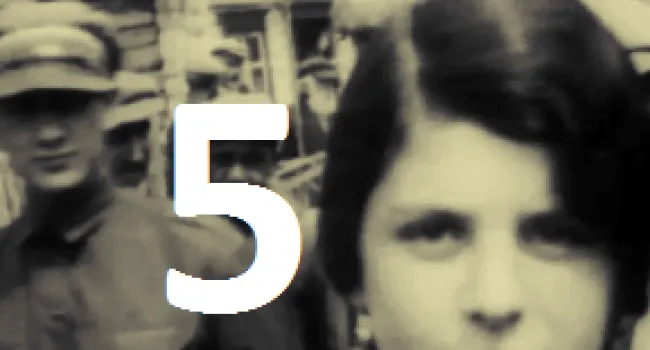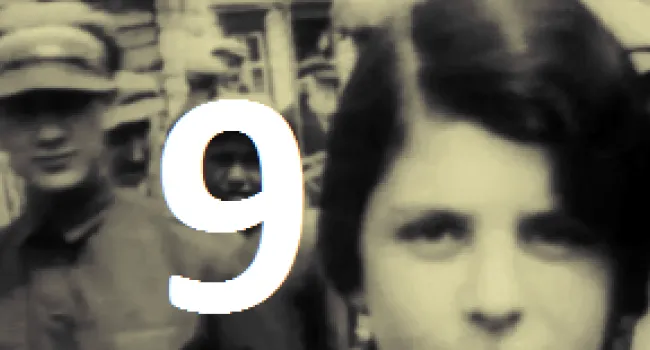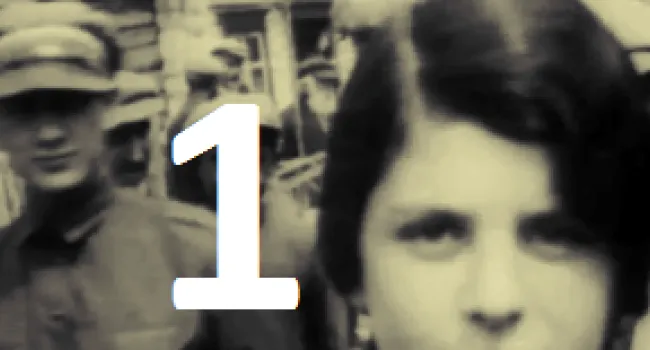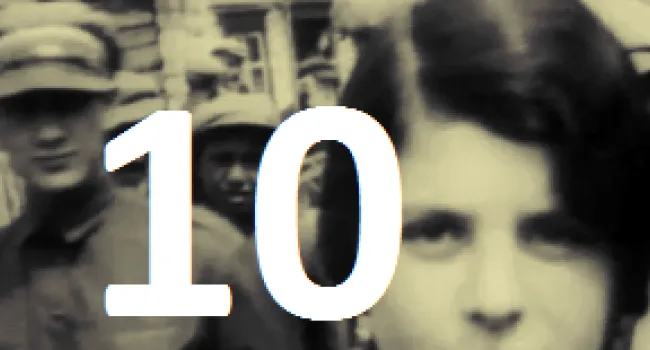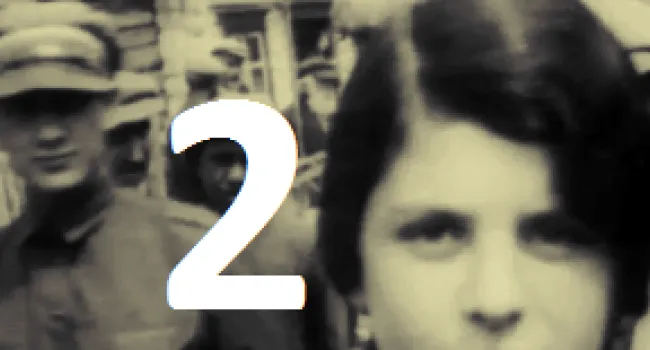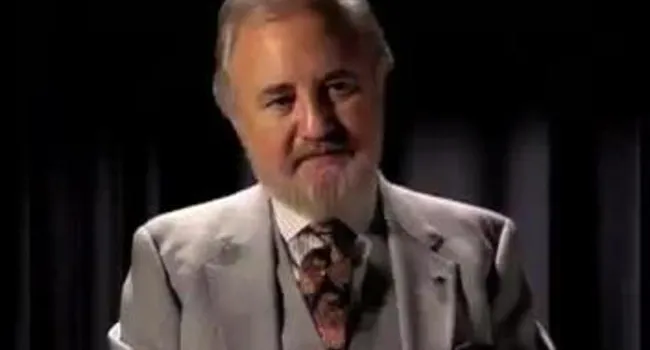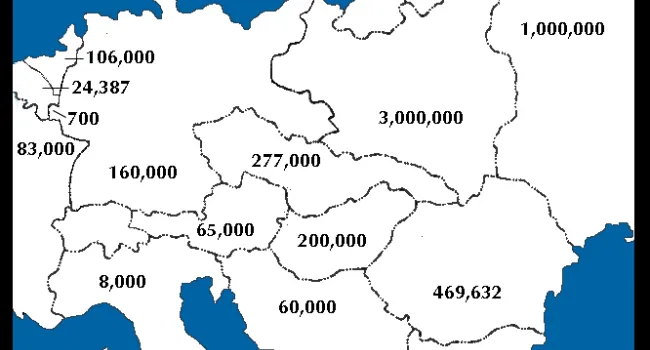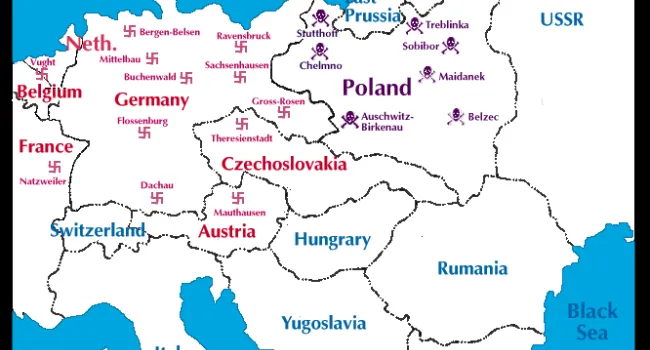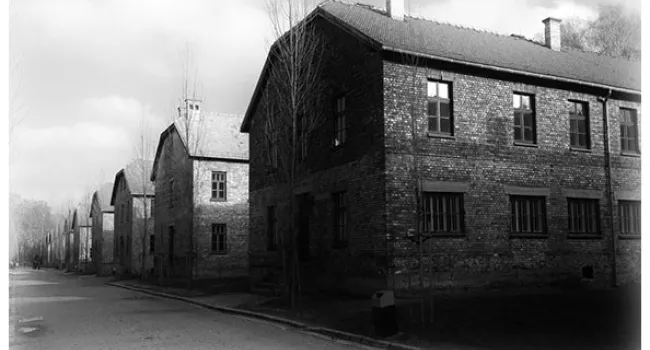Pincus Kolender was born in 1926 in Poland. In 1940 synagogues, schools, and businesses were closed to Jews, who were placed in ghettos. One always felt trapped in the ghetto. The Nazis treated people like animals and residents were always disappearing. Despite the harsh circumstances, quite a community spirit grew up among the people in the ghetto. In 1942 he was taken to Auschwitz on a cattle train; his brother escaped. Upon arriving, the survivors were undressed: the left line went to the crematorium, the right line to a work camp. At the work camp they were beaten if their work was not satisfactory. There was always the bitter cold and constant hunger. Many prisoners went totally crazy. Patton's army liberated them. Kolender joined the U.S. Army in 1950. "People should know what happened. By education, we could avoid it happening again: this abuse of people." He doesn't know if he can forgive; cannot forget!
Standards
- 5.3 Demonstrate an understanding of the economic, political, and social effects of World War II, the Holocaust, and their aftermath (i.e., 1930–1950) on the United States and South Carolina.
- 6.5.CE Explain the impact of nationalism on global conflicts and genocides in the 20th and 21st centuries.
- 7-4 The student will demonstrate an understanding of the causes and effects of world conflicts in the first half of the twentieth century.
- The influence of both world wars and the worldwide Great Depression are still evident. To understand the effects these events had on the modern world, the student will utilize the knowledge and skills set forth in the following indicators:
- 7-4.5 Summarize the causes and course of World War II, including drives for empire, appeasement and isolationism, the invasion of Poland, the Battle of Britain, the invasion of the Soviet Union, the "Final Solution," the Lend-Lease program, Pearl Harbo...
- 7-4.6 Analyze the Holocaust and its impact on European society and Jewish culture, including Nazi policies to eliminate the Jews and other minorities, the Nuremberg trials, the Universal Declaration of Human Rights, the rise of nationalism in Southwest...
- The influence of both world wars and the worldwide Great Depression are still evident. To understand the effects these events had on the modern world, the student will utilize the knowledge and skills set forth in the following indicators:
- 8.5.CO Compare South Carolina and U.S. wartime contributions and demobilization after World War II.
- This indicator is intended to encourage inquiry into the significant causes of World War I and the impacts of the Treaty of Versailles, including its failure to prevent future global conflicts.
- USHC-7 The student will demonstrate an understanding of the impact of World War II on the United States and the nation’s subsequent role in the world.
